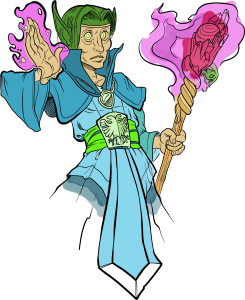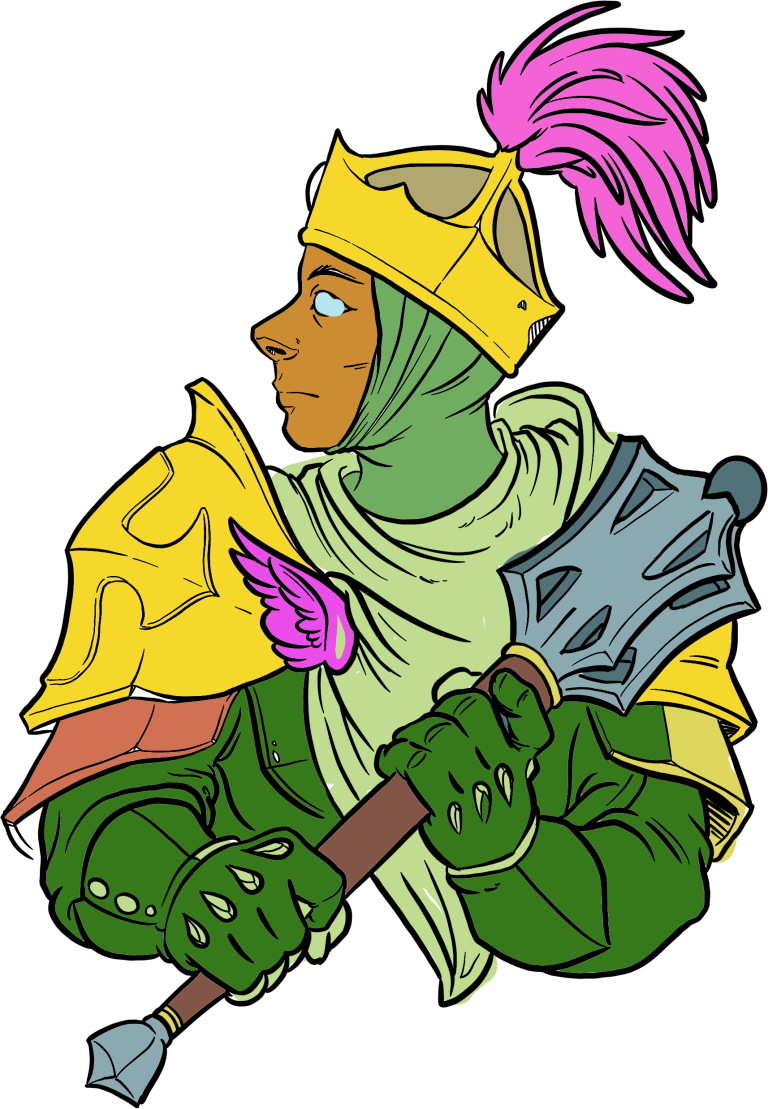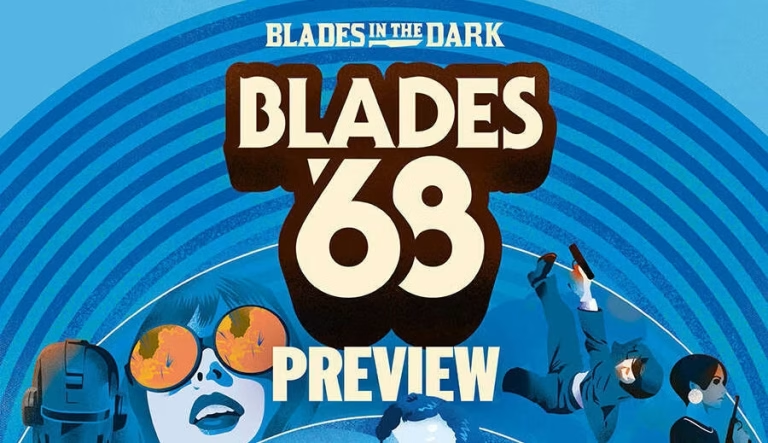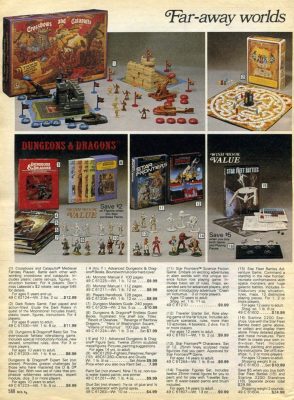By Jason Campbell
D&D players want more magic items, and then more magic items, and maybe a magic item. So how do you meet player expectations and still run a challenging game?

Magic Item Themes in Different Editions of D&D
Earlier games such as the Advanced Dungeons & Dragons first and second editions gave player characters little more than additional hit points, a slightly better chance to hit a foe and a spell or two if you were a caster, when the PC advanced levels. That helped survival, but it didn’t didn’t grant much additional power to the characters.
Leading up to 5e, there were thematic changes to the game so that all classes now get additional power at each level advancement, some more notable than others. Additionally in the current game characters need to attune to more powerful items and are limited in the number they can attune to. This resulted in a game where much of the power in a character comes from within, as they gain power with each advancement. Magic items still exist but they aren’t necessary to be a successful hero.
The Conundrum
Personally I like the thematic shift that power comes from within each character’s growth, not from randomly coming across an item lying in their path. Magic items still exist, and the legends of artifacts like the Hand and Eye of Vecna or the Rod of Seven Parts still drive adventures, but they aren’t essential for a character to be powerful. But players still expect to find wondrous items, no matter how powerful their characters are without them. These expectations can come from fiction outside of gaming, whether it’s Tolkien’s ring or a silver sword in The Witcher. So what’s the solution?
Bounded Magic Items
One thing you can do as a GM is alter the usual magic items. You can give items that have extraordinary powers, but are limited in use. That could mean they are only used once per week, or only a limited number of times with no opportunity to rechange, or even make them single use. This is the central idea behind cyphers in Cypher System games. Cyphers are often described as single use items but it really is a way to give the player characters a rotating arsenal of powers. This avoids the “the Warlock casts Eldritch Blast… again” syndrome. Cypher System games limit the PC to a few cyphers, with the assumption that the game will allow the PCs finding cyphers constantly, so these rotating abilities update all the time.
Maybe Play a Different Game?
I’m sure many readers are already shouting the above at their screens. If you and your players don’t agree with modern D&D’s shift from powerful items to powerful characters, your group might be happier playing another version of D&D. You can get most older editions as PDF through DMsGuild.
You could also play a current game that harkens back to older editions such as Old School Essentials. These games can give the feel of older systems, with more accessible rule book styles.
You could also play Shadowdark, whose system has a similar logic as 5e, but the game makes supplies and magic items rare and sought after which calls back to older games.
Conclusion
Ultimately you just need to choose a game that’s right for you and your group. But you can also avoid misunderstandings and arguments by discussing these issues before the game starts. It doesn’t have to be “I don’t want to give you a lot of cool stuff”, but more like “In this world mystical items are rare but powerful.” Even if your campaign is underway, these kinds of discussions don’t have to be part of an official session zero, before the game starts. It’s fine to begin any session with an out of game discussion for a few moments about the rarity of magic items in the world, and how groups of adventurers view that.
What do you think? Have you felt constrained by lack of magic items? Have you argued with players about this? Let us know!





